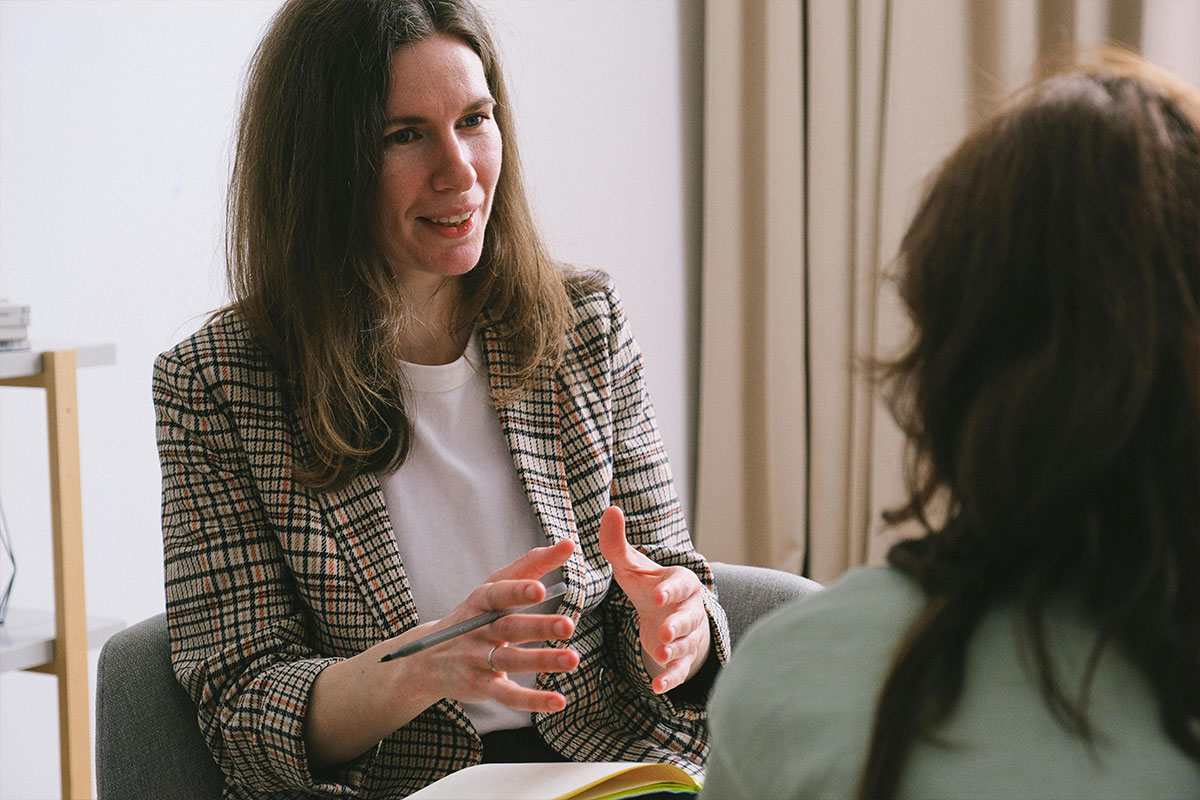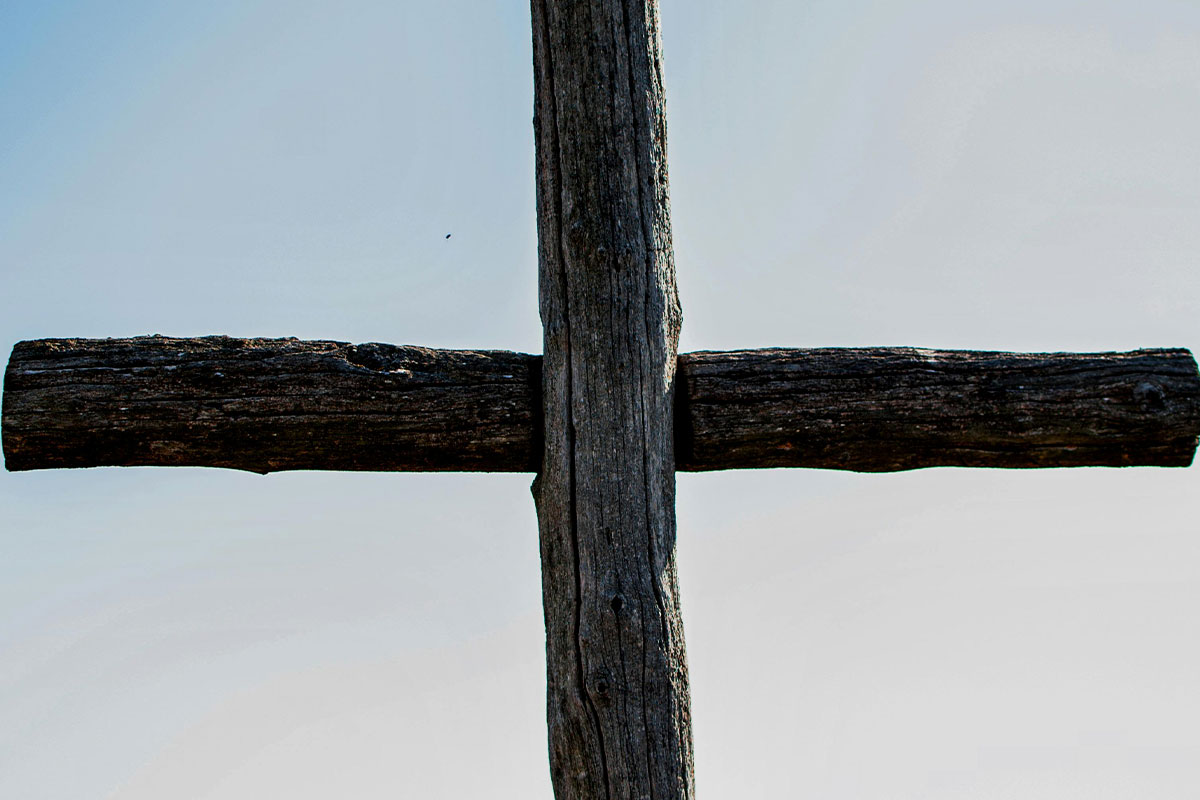Being born into a family where my granddad taught music lessons, in addition to playing and singing at masses his entire life, gave me the opportunity to perceive music as something very natural for me.
I didn’t realize how normal it was for me to always have some music (almost always classical) playing, until I noticed something important was missing when it wasn’t there.
The presence of music in my home, or in my head, was indispensable. Hahaha.
For years, part of my music collection grew, thanks to the generosity of my granddad who gave me some of those legendary vinyl recordings, or thanks to my dad’s acquisitions.
Those recordings were from world-class orchestras, so the performances were first class.
For most of my childhood, I took piano lessons, and what I remember most was my teachers guiding me to pay attention to my technique. My memories mainly focus on the right note, time signature, slurs, ritardandos, and intensity.
It wasn’t until I was in my professional studies, taking cello lessons, that I remember the teacher taking me to a place musically unfamiliar to me. My ear was already very familiar with technique, but my teacher invited me to pay attention to another area: my heart.
Once I had a piece of music technically ready on the cello by heart, the teacher would say to me:
“Okay, now that you have the technical part down, you can focus on the heart.”
“Hmmmm, what?”
Honestly, I couldn’t understand it at first.
It was common to have the idea that a musician is passionate in their performance, and that was the idea I had. In the case of the cello, it was like a player moving exaggeratedly from one side to the other. But that wasn’t at all what my teacher was referring to. She meant not only listening to, or performing it “as best as possible,” but listening to, or performing the music from the heart.
She then guided me to look for recordings of the same piece by different performers, and to notice differences. For me, listening to, and enjoying a piece wasn’t the same as playing it well and enjoying it. That’s a big difference.
Then, my teacher made me notice the obvious, what was hidden in plain sight: that the back of the cello rests directly on the heart.
That was a revelation for me.
And you, have you noticed things that are hidden in plain sight?
It seems to be the most ingenious hiding place.
As a student, it was also common to hear “constructive” criticism from “well-intentioned” classmates about someone else’s performance. These criticisms had one thing in common: a focus on technique. It was common to hear arguments like:
“So-and-so needs to maintain time…”
“She lacks nuance…”
“I know that piece, and the variation in intensity isn’t like that…”
“She doesn’t know it by heart…”
“Let’s see if she passes the class…”
And it wasn’t necessarily that the person doing the critiquing was a better player of the same instrument. Perhaps it was for the sake of criticizing, rather than exercising judgment.
What I can imagine now is that when I listened or made those critiques, it was from a technical perspective, and nothing more.
None of us remember ever paying attention to listening with the heart.
It wasn’t until my cello teacher introduced me to this new angle, it’s as if another world had been revealed to me. And to this day, it continues to be revealed to me.
In our daily lives, paying attention only to technique could be equivalent to paying attention only with the mind. Analyze, exercise judgment, evaluate, count, add, subtract…
Interpreting and listening with the heart could be equivalent to using not only the mind, but also the heart.
A beautiful interpretation doesn’t leave out technique, nor the heart.
In your case, could you identify what your perspective is like? Is it only with thought? Do you invite your heart?
In Scripture, the author of Sirech expresses that there is no remedy for the proud, for evil is rooted in the heart. And that the prudent meditates with the heart, having the greatest desire to listen.
Do you like to listen? Do you know from where you listen to others?
One possible way to discover this might be to notice your responses. Are they harsh, critical, or cold? Or do they also include warmth, understanding, curiosity, and support?
Do you long to be heard in a deeper way? Possibly your neighbor longs for the same.
If the Spirit leads you, share with Jesus the Carpenter how you notice your responses. And perhaps you’ll discover a longing to learn to listen.
Marisol
P.S.: We can hear about the longing to listen in the readings for the 22nd Sunday of Ordinary Time, Year Cycle C.




